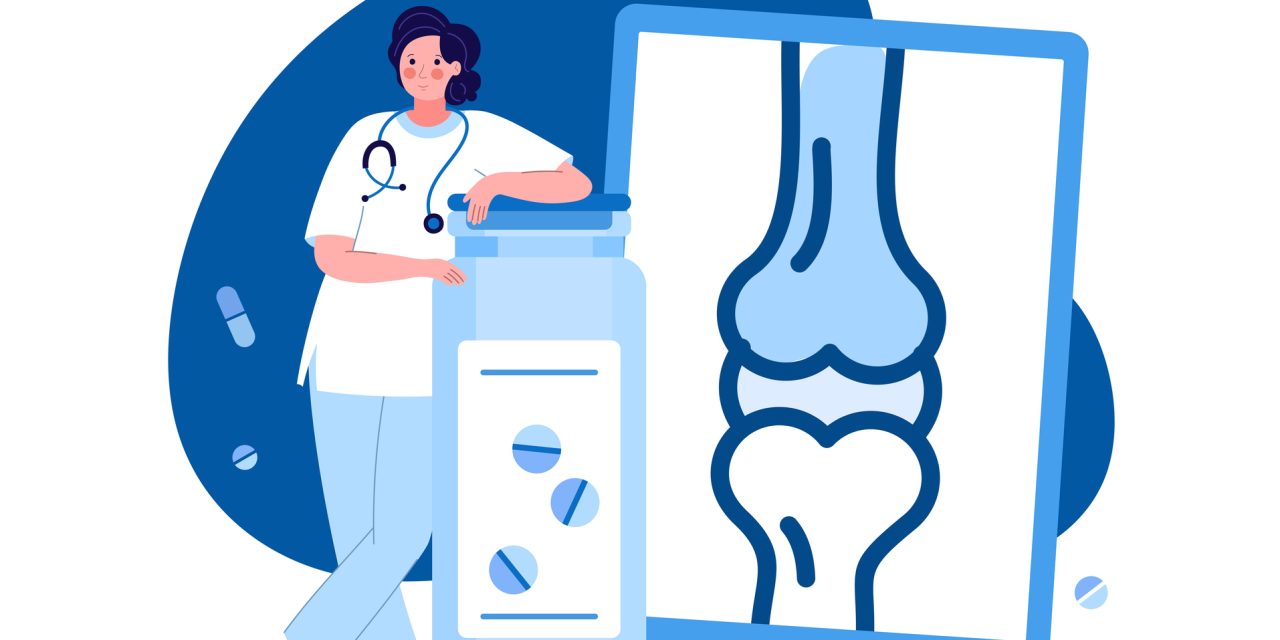To study differences between men and women in physical activity (PA) and health-related quality of life (HRQoL) before and after participating in a supported osteoarthritis (OA) self-management programme.
A prospective observational study using data from a Swedish National Quality Register. Patients recorded between 2008 and 2013 with hip and/or knee OA with data at baseline, at 3 and 12 months follow-up ( = 7628) were included. Outcome measures were patient-reported PA and HRQoL (EQ-5D-3L).
A greater proportion of men ( = 0.002) changed to being physically active ≥150 min/week at 3 months follow-up. The proportion of women being physically active ≥150 min/week was larger than for men at baseline ( = 0.003) and at follow-up at 12 months ( = 0.035). Women reported lower HRQoL than men at baseline ( < 0.001), at follow-up at 3 ( < 0.001) and 12 months ( = 0.010). There were no differences between men and women in change in HRQoL at 3 ( = 0.629) and 12 months ( = 0.577) follow-up.
This study showed differences between men and women in PA and HRQoL before and after participating in a supported OA self-management programme. These differences should be considered when supporting PA and HRQoL.Implications for rehabilitationMen with hip and/or knee osteoarthritis (OA) might need more support during rehabilitation in order to maintain or even increase physical activity (PA) in the long run.Women with hip and/or knee OA might need more support during rehabilitation in order to maintain or even increase health-related quality of life (HRQoL) in the long run.Booster sessions might be suggested in order to enable both men and women with hip and/or knee OA to sustain improvements in PA and HRQoL after participating in a supported OA self-management programme.
Physical activity and health-related quality of life in men and women with hip and/or knee osteoarthritis before and after a supported self-management programme – a prospective observational study.


